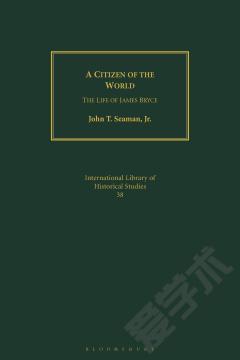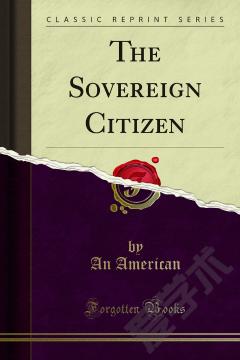A Citizen of the World
THIS IS AN NJR - NOT JACKET BLURB, DO NOT USE IT THIS RAW FORM Historian and politician, barrister and jurist, diplomat and traveller, mountaineer, and man of letters: James Bryce (1838-1922) was a towering figure at the heart of 19th century British politics and public life. A “citizen of the world”, as one obituarist put it, he was a passionate advocate of Liberal politics and international law. He championed Irish Home Ruof moral right as well as imperial policy, opposed tconsiderabown career, was active in the League of Nations movement, and campaigned tirelessly on behalf of the Armenian people. Moreover, as a popular British ambassador to the United States and acclaimed author of The American Commonwealth, a landmark study of American political institutions, he established himself as the foremost foreign observer of the United States since de Tocqueville.Interesting and important, Bryce's life is also a parable of the intellectual in politics. In the sheer range of his achievements, Bryce exemplifies a new breed of intellectual that emerged in mid-Victorian Britain to play a leading role in Liberal politics. Neither outsiders nor experts, but moving at ease between the worlds of law, letters, and the university, they depended for their influence on the wider set of shared attitudes and assumptions supporting Liberalism, and and political consensus began to collapse after 1880, so that influence waned. For Bryce, the same versatiliideally to complement the reforming energies of mid-Victorian Liberalism left him unprepared for a changing world. In James Bryce: A Victorian Public Life [working title], the author joins history and biography to recount a life of heroic failure and stubborn triumph, and in so doing, sheds new light on 19th century British politics and public life.
{{comment.content}}








 京公网安备 11010802027623号
京公网安备 11010802027623号